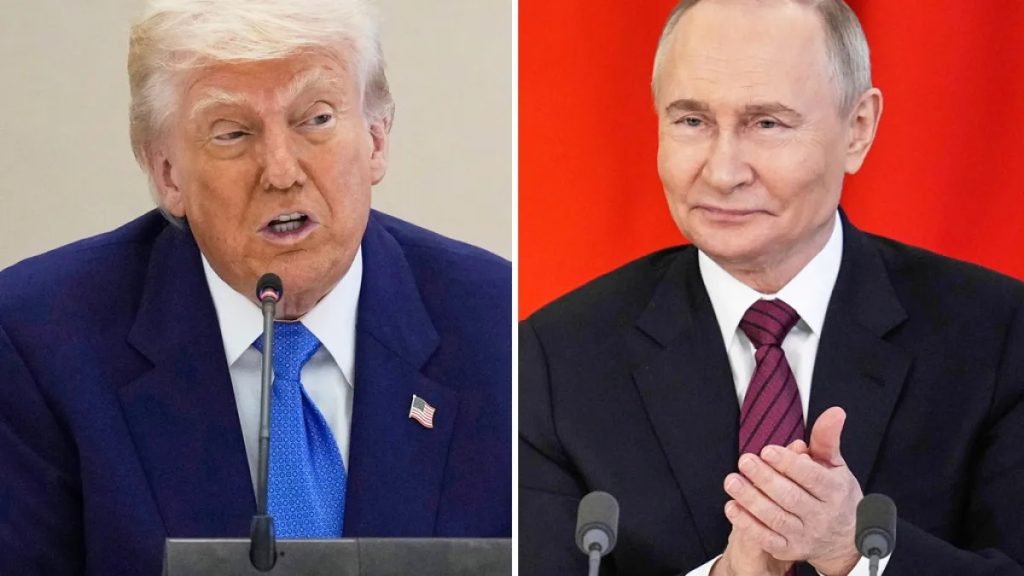Economy
Nigeria’s imports fall by ₦1.16trn in Q1 2025 amid weak demand
DDM News

Nigeria’s total imports fell significantly in the first quarter of 2025, reflecting a dip in foreign goods consumption.
According to Diaspora Digital Media (DDM), this signals shifting economic trends influenced by inflation, reduced consumer demand, and increased smuggling of low-quality goods.
A fresh foreign trade report by the National Bureau of Statistics (NBS) puts the nation’s imports at ₦15.43 trillion for Q1 2025.
This marks a decline of ₦1.16 trillion from the ₦16.59 trillion recorded in Q4 2024.
The figure represents a 7.51 percent decrease over the previous quarter.
However, when compared year-on-year, imports were 4.59 percent higher than in Q1 2024.
Despite achieving a trade surplus, Nigeria’s positive trade balance narrowed significantly in Q1 2025.
The surplus declined by 20.1 percent, dropping from ₦6.52 trillion in Q1 2024 to ₦5.17 trillion in the current period.
Total merchandise trade for the quarter stood at ₦36.02 trillion.
This reflects a 6.19 percent increase year-on-year but a 1.58 percent fall compared to Q4 2024.
The figures indicate a slowdown in quarterly external trade activity.
Exports made up 57.18 percent of the total trade volume during the period.
Export values rose to ₦20.60 trillion, representing a 7.42 percent increase from ₦19.18 trillion in Q1 2024.
Crude oil remained the mainstay of Nigeria’s exports, accounting for 62.89 percent of total exports.
Crude oil shipments were valued at ₦12.95 trillion in the quarter under review.
Non-oil exports, meanwhile, contributed ₦3.16 trillion, or 15.38 percent of total exports.
This continued trend highlights Nigeria’s ongoing dependence on hydrocarbon revenues.
China maintained its lead as Nigeria’s top import partner during the period.
It was followed by India, the United States, the Netherlands, and the United Arab Emirates.
Among Nigeria’s top imported goods were automotive gas oil and premium motor spirit (petrol).
Other key imports included crude petroleum oils, cane sugar, and durum wheat.
On the export side, the country shipped out mostly petroleum oils, light fuel oil, and electrical energy.
Additional major exports included urea and other refined light oils.
Together, these products made up 90.21 percent of total exports to other countries.
The report suggests that Nigeria’s trade patterns remain largely energy-driven, with limited diversification.
Experts warn that continued reliance on crude exports could pose long-term economic risks.
Meanwhile, rising smuggling of substandard goods could undermine local industries and tax revenues.
Stakeholders are urging the government to strengthen border controls and enforce import standards.
Analysts are also calling for urgent diversification into non-oil exports and value-added manufacturing.
Nigeria’s economic managers will be closely watching Q2 data for signs of sustained trends or possible reversals.
As inflation and foreign exchange pressures persist, the country’s trade policies remain a key area of interest.
DDM will continue monitoring developments in Nigeria’s trade and economic performance.
For Diaspora Digital Media Updates click on Whatsapp, or Telegram. For eyewitness accounts/ reports/ articles, write to: citizenreports@diasporadigitalmedia.com. Follow us on X (Fomerly Twitter) or Facebook












